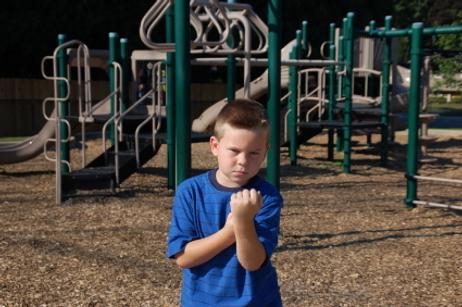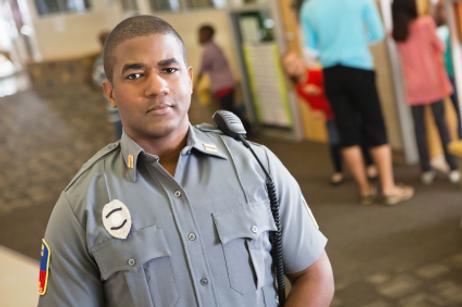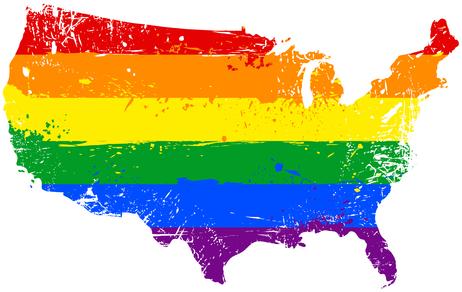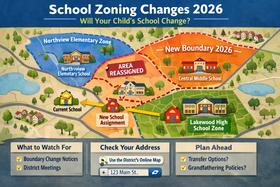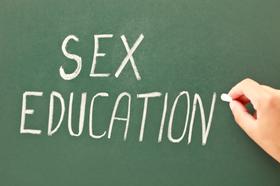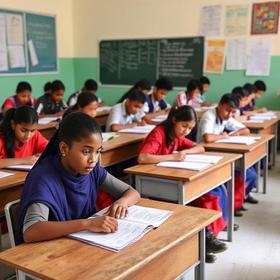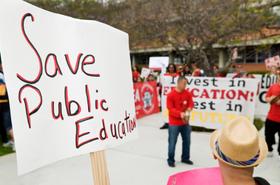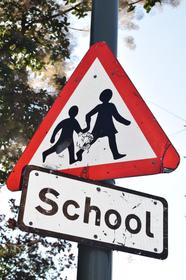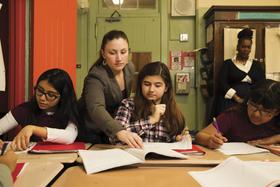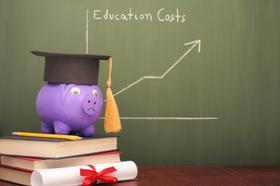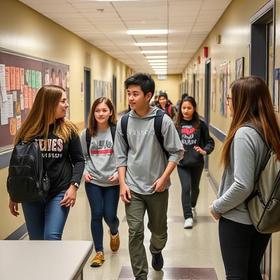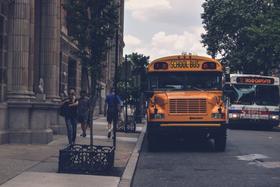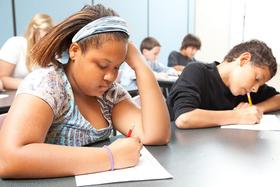An anti-bullying bill in the throngs of the state legislature in Minnesota recently passed a major hurdle. The Minnesota House approved the bill designed to strengthen schools’ responses to bullying in a vote that mostly ran along party lines. While many applaud this step forward as a way to protect children from damaging behavior in school more effectively, others have voiced concern that state lawmakers are overstretching their reach to the public school system.
About the Bill
According to , House representative Jim Davnie (DFL-Minneapolis) introduced the new anti-bullying bill. Davnie says that the bill is necessary because the current 37-word anti-bullying law for the state is inadequate in protecting bullied victims. Davnie asserts that if his bill is passed, it would take Minnesota from being one of the weakest states in the country on bullying to “instead, being a leader in building safe and supportive school climates for all students.”
According to a report at Minnesota Public Radio, one of the most important features of the bill is the fact that it defines bullying. Davnie explains, “It established clear definitions of bullying, cyber-bullying, harassment, and intimidation, and then sets a high bar for school involvement.”
This video from Minnesota Public Radio examines the issue of bullying in Minnesota public schools.
The new bill identifies bullying as any word or action that “disrupts a student’s education.” It also lists bullying

